The proposal to revive the Nord Stream 2 project (or the Nord Stream pipeline) to bring Russian gas directly to Germany and Europe, bypassing Ukraine's transit role - is facing a backlash in Berlin, in the context of the EU's leading economy 's continued difficulties in energy autonomy.
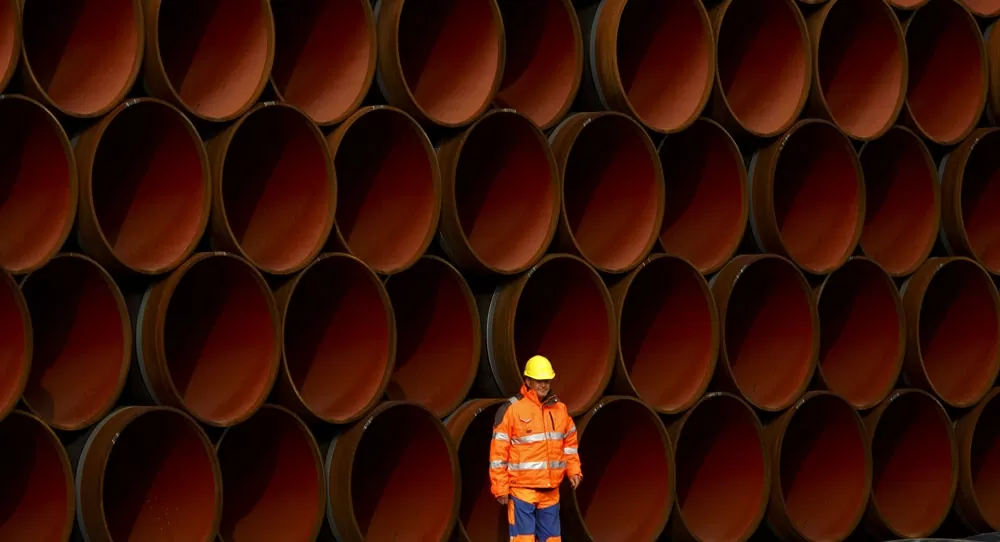 |
| Proposal to 'revive' Nord Stream 2 'buried' since it was just an idea? (Source: Getty) |
Politician Thomas Bareiß - a member of the German Parliament (Bundestag) of the Christian Democratic Union (CDU) recently sparked a political controversy after he voiced his support and called for the repair and restart of the Nord Stream 2 gas pipeline, currently located deep under the Baltic Sea.
Having served as Deputy Minister of Economic Affairs and Energy (from 2018 to 2021) in former Chancellor Angela Merkel's cabinet, his statements have caused a backlash from many parties, not only from opposition parties, but also from colleagues in the CDU.
As long as there is Russia-Ukraine peace?
On March 17, Mr. Bareiß posted on LinkedIn, expressing his belief that the gas pipeline from Russia to Europe, which has not been operational since its completion due to geopolitical tensions in Europe, could be brought back, as long as there is peace between Russia and Ukraine.
“Of course, the gas could flow again, perhaps this time through a US-controlled pipeline,” he continued, hinting that the restoration could be part of what he called a “deal with Mr Trump” and Russia.
Not so, the CDU politician's comments were unexpectedly met with harsh criticism in German politics. Michael Kellner, the Green Party's Minister of Defense, quickly spoke out to reject Mr. Bareiß's proposal. Reminding that, "Mr. Bareiß is a member of the German Bundestag, not of the Russian Duma or the US Congress. It seems that he did not pay attention to that."
Minister Michael Kellner stressed the importance of Germany's independence from Russian energy sources.
Agreeing with this view, in comments to the Tagesspiegel newspaper, politician Ruprecht Polenz criticized his CDU colleague Bareiß's statement about the possibility of reviving the Nord Stream 2 project as "completely wrong".
More sharply, Michael Roth from the Social Democratic Party (SPD) described Mr Bareiß's statements as sending "completely the wrong signal at completely the wrong time. It is clear that we need to 'liberate' ourselves from our dependence on Russian energy, which is and remains a significant security risk for us".
This view was also supported by Anton Hofreiter of the Greens, who pointed out the absurdity of rewarding Mr Putin by resuming Russian gas supplies, after Moscow's military campaign in Ukraine.
According to analysis by Green Party member Thomas Bareiß, who has long opposed making Germany less dependent on fossil fuels and foreign energy powers. Bareiß is also one of the most vocal opponents of renewable energy initiatives. As such, Bareiß's proposals are at odds with the broader push for more sustainable energy and independence in Germany.
Not only that, politician Bareiß's support for the "rebirth" of the Nord Stream 2 pipeline has also caused a stir within his own CDU coalition. Former Green Party leader Ricarda Lang said: "Can I talk to you about Thomas Bareiß? He has sabotaged the energy transition...".
Ms Ricarda Lang even raised the question of whether a Russian gas promoter was involved in the negotiations within the CDU coalition.
The German economic dilemma
The Nord Stream 2 project is designed to "unblock" the direct supply of abundant Russian energy to Western European markets, eliminating Ukraine as the main gas transit country and bypassing most of Central and Eastern Europe.
However, Nord Stream 2 was stopped right from its completion - since Moscow's military campaign began in Ukraine (February 2022), partly because the EU wanted to protest Russia's actions, partly to expand sanctions against the White Birch country.
Shortly after, one of the Nord Stream project's branches was destroyed in targeted attacks, further complicating any potential future restart.
Those involved in coalition talks between the CDU and SPD have been under increasing pressure since Bareiß publicly supported the revival of Nord Stream 2. The CDU leadership was initially silent on the issue, but updates have become increasingly clear as internal disagreements have grown, especially over Bareiß’s controversial proposal.
The restart of Nord Stream 2 not only raises strategic and economic concerns, but also reflects significant geopolitical tensions tied to energy dependence and political allegiances. Critics say that CDU politician Bareiß’s idea weakens Germany’s position, hampering efforts to establish energy sovereignty within the borders of Europe’s “leading economy.”
“Continued dependence on Russian gas is not only wrong but also dangerous, as Putin can exploit this trust problem at any time,” SPD member Michael Roth reiterated, stressing the urgent need for effective alternatives to Russian energy, as well as the importance of pursuing realistic and effective energy policies for the German economy.
Meanwhile, speaking in Brussels (Belgium) on March 17, German Vice Chancellor and Minister of Economy and Energy Robert Habeck emphasized the view that discussing the possibility of repairing or restarting the Nord Stream pipeline is a wrong direction.
Clearly, the debate surrounding the Nord Stream 2 pipeline is far from over and will continue to shape public opinion around German energy policy and foreign relations for the foreseeable future.
The politician Bareiß's overly direct comments, which were widely seen as “risky”, faced significant opposition from advocates of more sustainable and independent energy solutions.
However, the current crisis highlights broader issues of energy security, environmental responsibility and political ideology.
Observers say this is the right time for the world to closely monitor the dialogues, even confrontations, surrounding energy dependence and the rebuilding of international alliances in Germany in particular and Europe in general.
The current environmental challenges that support fossil fuel dependence contrast with the urgent push for renewable energy solutions. However, Germany currently has little choice, given its low domestic fossil fuel production and heavy reliance on imports. Renewable electricity production has increased, but has not yet made a major breakthrough, because in many areas the technologies Germany uses still rely on burning fossil fuels.
High energy prices are expected to continue to be a difficult problem, weighing on businesses and consumers, putting pressure on the German economy in 2025. According to the German Federal Statistical Office, Germany currently has the highest electricity prices in Europe, four times higher than some other countries - an urgent problem that the country's authorities need to solve to quickly revive the economy.
Source: https://baoquocte.vn/tai-sinh-dong-chay-phuong-bac-2-de-xuat-bi-vui-dap-tu-y-tuong-duc-da-san-sang-thoat-khi-dot-nga-307994.html










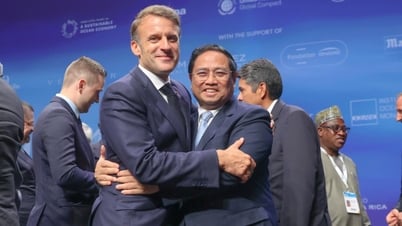
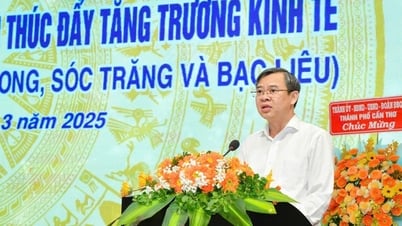







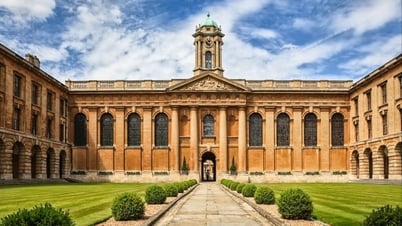



















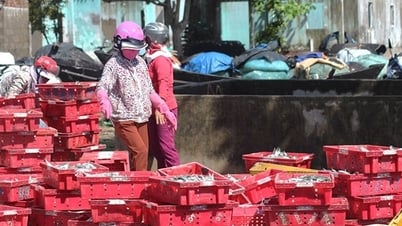




















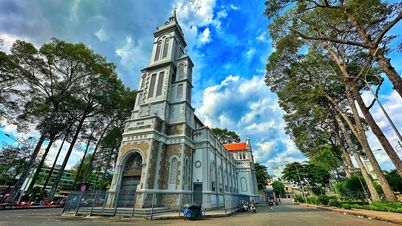
















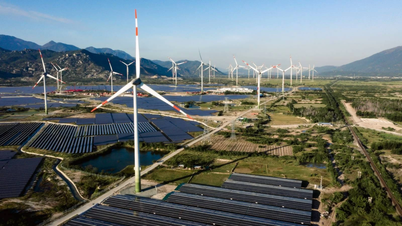









![[OCOP REVIEW] Tu Duyen Syrup - The essence of herbs from the mountains and forests of Nhu Thanh](https://vphoto.vietnam.vn/thumb/402x226/vietnam/resource/IMAGE/2025/6/5/58ca32fce4ec44039e444fbfae7e75ec)







Comment (0)